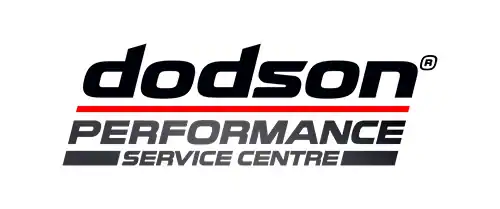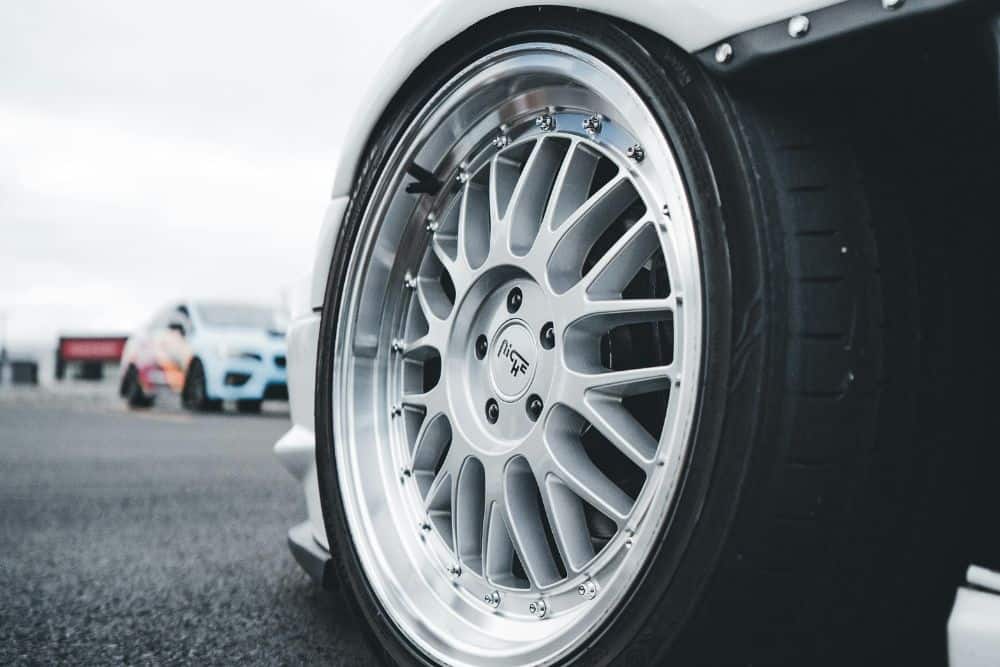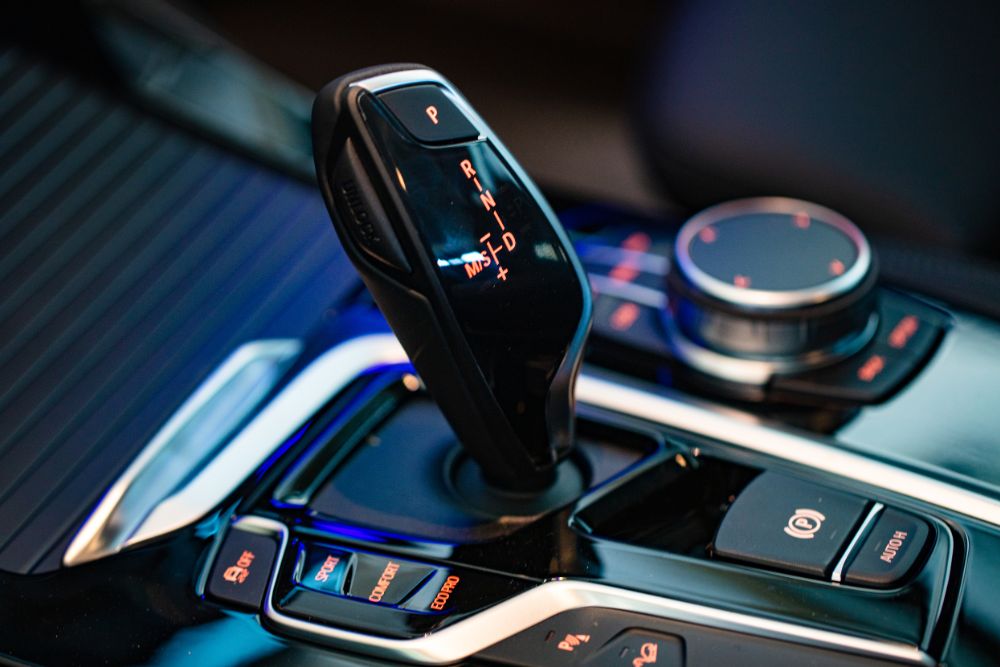Performance tyres are a significant investment for any high-performance or exotic car owner in Auckland. Proper care and maintenance of your performance tyres can dramatically extend their lifespan whilst ensuring you maintain the grip and handling characteristics that make driving your vehicle so enjoyable.
Here are some tips to help with extending the life of your tyres.
Checking Tyre Pressure Regularly
Maintaining correct tyre pressure is one of the most critical aspects of performance tyre care. Auckland’s varying temperatures throughout the year can cause pressure fluctuations, with tyres losing approximately 1 PSI for every 5-degree drop in temperature. Under-inflated tyres create excessive heat build-up during spirited driving, accelerating wear on the outer edges of the tread. Over-inflated tyres reduce the contact patch with the road surface, causing accelerated wear in the centre of the tyre and compromising grip levels. Performance tyres should be checked when cold, ideally once a week or before any track day or spirited drive.
The recommended pressure for your specific vehicle and tyre combination can usually be found on the driver’s door jamb or in your owner’s manual. However, many performance car owners adjust pressures slightly based on driving conditions and style. Track day pressures often differ from street pressures, with many drivers starting slightly lower to account for heat build-up during sustained high-speed driving. Investing in a quality digital tyre pressure gauge ensures accuracy, as service station gauges can often be unreliable or poorly calibrated.
Monitoring Tread Depth and Wear Patterns
Performance tyres typically feature softer rubber compounds that provide superior grip but wear more quickly than standard tyres. Regularly inspecting tread depth helps you understand when replacement is necessary and can reveal issues with your vehicle’s alignment or suspension. The legal minimum tread depth in New Zealand is 1.5mm, but performance tyres should be replaced well before reaching this limit. Most performance tyre manufacturers recommend replacement at 3mm, as grip levels, particularly in wet conditions, deteriorate significantly below this point.
Uneven wear patterns tell an important story about your vehicle’s condition. Inner or outer edge wear typically indicates alignment issues, whilst centre wear suggests over-inflation. Cupping or scalloping patterns can point to worn suspension components or improper balance. Auckland’s roads can be particularly harsh on suspension components, with potholes and uneven surfaces common in many areas. Addressing these underlying issues quickly prevents premature tyre wear and maintains the handling characteristics your performance car was designed to deliver.
Rotating your tyres according to your vehicle manufacturer’s recommendations helps promote even wear across all four corners. However, many high-performance vehicles use staggered fitments with different sized tyres front and rear, which limits rotation options. In these cases, regular alignment checks become even more important to maximise tyre life.
Proper Storage and Seasonal Considerations
If you own multiple sets of wheels or store your performance car during winter months, proper tyre storage makes a significant difference to tyre longevity. Tyres should be stored in a cool, dry location away from direct sunlight, as UV rays break down rubber compounds over time. Ozone from electric motors and fluorescent lights also degrades rubber, so keeping tyres away from these sources protects your investment.
When storing tyres still mounted on wheels, the best practice is to hang them or stack them horizontally with slightly reduced pressure. Unmounted tyres should be stored vertically and rotated periodically to prevent flat spots from developing. Auckland’s humidity can contribute to moisture-related issues, so ensuring adequate ventilation in storage areas prevents mould and degradation.
Performance tyres contain compounds optimised for specific temperature ranges. Most ultra-high-performance summer tyres perform best above 7 degrees Celsius, whilst below this temperature the rubber hardens and grip levels drop noticeably. Auckland’s mild climate means performance tyres remain effective year-round, but understanding these limitations helps you drive appropriately during cooler winter mornings when tyre temperatures take longer to reach optimal operating range.
Driving Habits That Extend Tyre Life
The way you drive has perhaps the biggest impact on how long your performance tyres last. Aggressive acceleration, hard braking, and high-speed cornering all accelerate wear, particularly on the softer compounds used in performance tyres. Whilst these tyres are designed to handle spirited driving, being mindful of your driving style during daily commuting can significantly extend their life.
Allowing your tyres to warm up properly before pushing hard makes a substantial difference. Cold tyres have less grip and are more susceptible to damage from aggressive driving. Taking the first few kilometres easy, especially on cold Auckland mornings, lets the tyre compounds reach their optimal operating temperature. This practice is particularly important after your car has been parked overnight or for extended periods.
Avoiding obstacles like potholes, kerbs, and debris protects both your tyres and wheels from damage. Auckland roads can present challenges, particularly on some of the older suburban streets and after heavy rain. Impact damage can cause internal structural failures in tyres that may not be immediately visible but can lead to sudden failure later. Even minor kerb strikes can cause sidewall bulges or internal belt separation, compromising tyre integrity and safety.
Wheel Alignment and Suspension Setup
Proper wheel alignment is fundamental to maximising tyre life on performance vehicles. Auckland’s varied road surfaces can knock alignment out of specification, particularly if you frequently encounter potholes or rough roads. High-performance vehicles often use more aggressive alignment settings for improved handling, but these settings can accelerate tyre wear if not properly maintained.
Camber, toe, and caster angles all affect how your tyres contact the road surface. Excessive negative camber, whilst beneficial for cornering grip, causes accelerated inner edge wear during straight-line driving. Incorrect toe settings create scrubbing that rapidly wears tyres and reduces fuel efficiency. Performance cars require alignment checks at least annually, or more frequently if you notice uneven wear patterns or handling changes.
Many performance car owners in Auckland track their vehicles at Hampton Downs or Taupo. Track-specific alignment settings differ from street settings, optimising grip for circuit driving. Working with specialists who understand performance vehicle requirements ensures your alignment balances tyre life with the handling characteristics you desire. Some owners maintain separate wheel and tyre sets with different alignments for street and track use, maximising both tyre life and performance in each environment.
Professional Tyre Inspections and Maintenance
Regular professional inspections catch potential issues before they become serious problems. Trained technicians can identify early signs of wear, damage, or vehicle issues that affect tyre performance and longevity. Performance tyres often show wear patterns differently than standard tyres due to their construction and compound characteristics.
Balancing is another crucial maintenance task that prevents vibration and uneven wear. Wheels should be rebalanced periodically, particularly if you notice any vibration through the steering wheel or chassis at certain speeds. Auckland’s road conditions can cause weights to fall off or wheels to become unbalanced over time. Dynamic balancing provides better results than static balancing for high-performance applications.
Specialist service centres understand the unique requirements of performance tyres and the vehicles they’re fitted to. They can provide advice on optimal pressures, rotation schedules, and replacement timing based on your specific driving habits and vehicle usage. Many performance tyre issues stem from underlying mechanical problems, and experienced technicians can identify and address these root causes rather than simply treating symptoms.
If you suspect underlying issues with your car causing accelerated wear or other issues with your tyres, please reach out to our team at Dodson by calling 09 441 3635. We can diagnose what’s going on and let you know what issues your car may be having.

 Looking for Dual Clutch transmission components outside of New Zealand?
Looking for Dual Clutch transmission components outside of New Zealand? 








